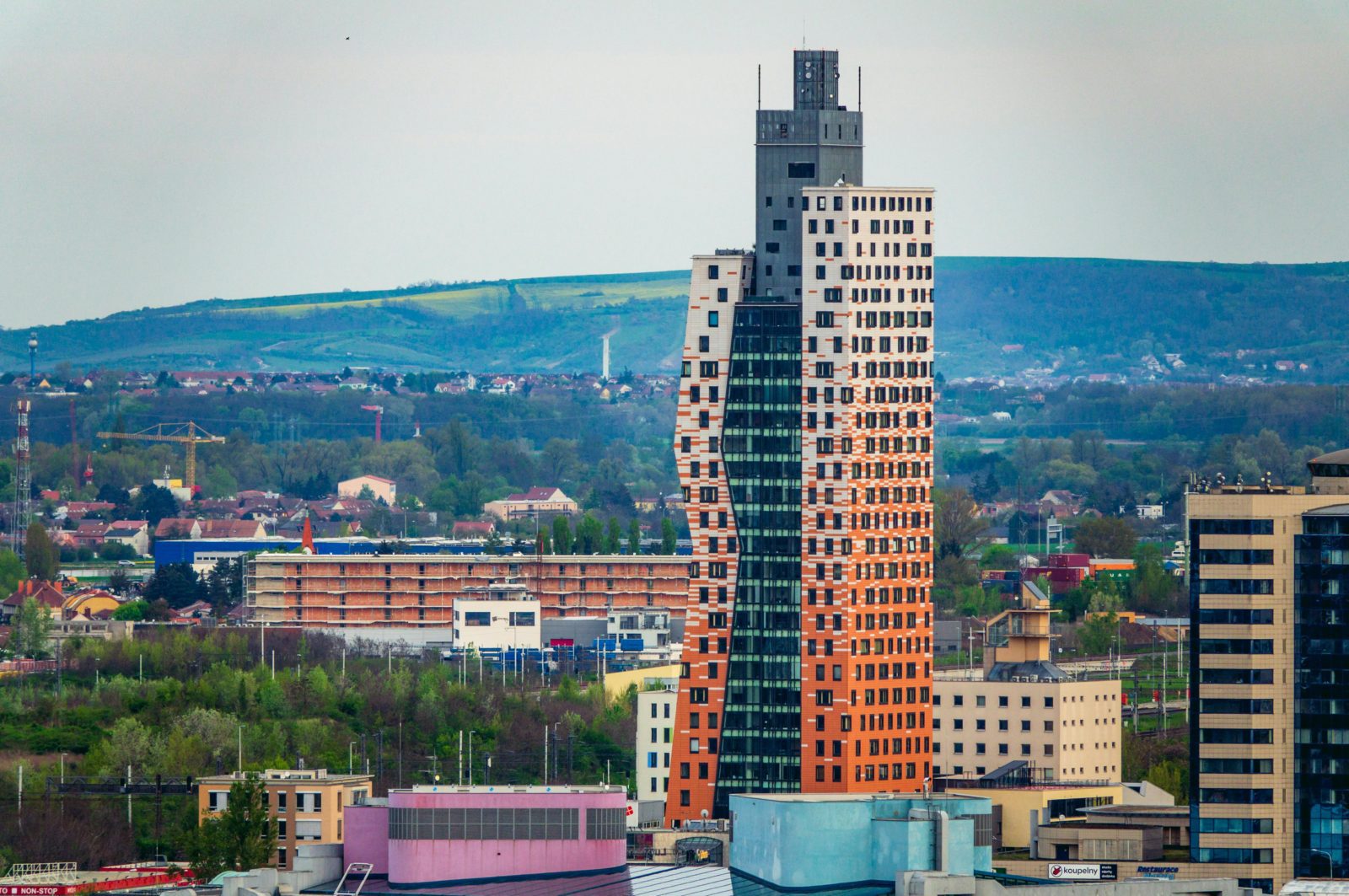While Prague boasts its famous metro system, Brno, the second-largest city in the Czech Republic, takes pride in its underground wonder – an extensive network of utility tunnels known as collectors. These underground passages, stretching for about 21 kilometers, house essential infrastructure such as water pipes, gas lines, and power cables.
The city has recently unveiled a state-of-the-art control center to monitor this underground labyrinth. Equipped with 200 cameras and thousands of sensors, the new dispatch system ensures unparalleled surveillance of the tunnels. “Not even a rat could slip through unnoticed,” jokes Michal Chládek, chairman of the board at Brno Technical Networks.
This sophisticated system doesn’t just monitor the underground. It also manages Brno’s public lighting network, allowing operators to control each LED lamp individually. This smart lighting solution contributes to energy efficiency and quick maintenance response.
A Technological Marvel
Evolving technologies and the expansion of LED lighting across the city necessitated the upgrade of the control center. Currently, over 10,000 LED lights illuminate Brno’s streets, all of which can be centrally controlled.
Pavel Rouček, the company’s CEO, emphasizes the critical nature of their operations: “Our additional monitors track all faults and defects in data centers, where every minute counts. Any potential problem must be addressed within half an hour.”
Efficiency Meets Sustainability
The new system allows precise control over each LED lamp—adjusting brightness and turning them on or off as needed. Photocells enable more efficient scheduling of lighting times, significantly reducing electricity consumption.
Despite this high-tech approach, the human element remains crucial. Residents still call in to report non-functioning or daytime-lit lamps, prompting swift action from repair teams or explanations of ongoing maintenance work.
Brno’s underground network and its cutting-edge control system exemplify how cities can innovate to manage infrastructure more efficiently while prioritizing sustainability and public safety.





